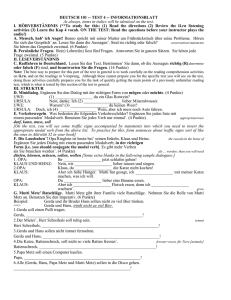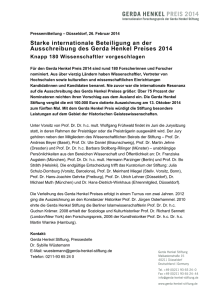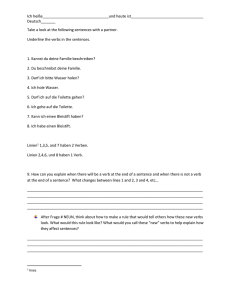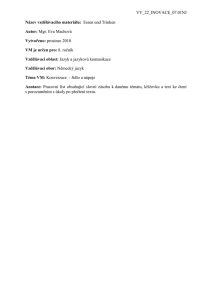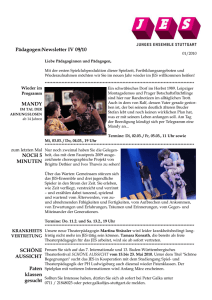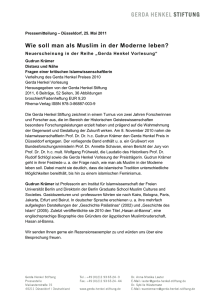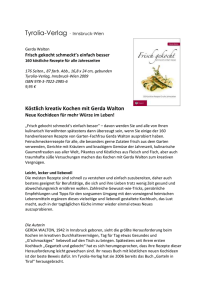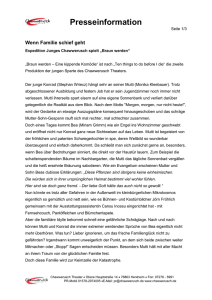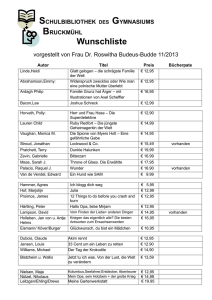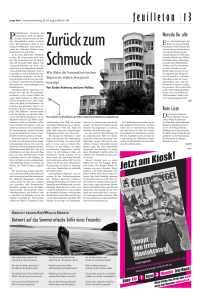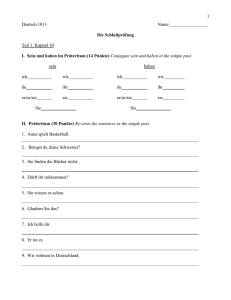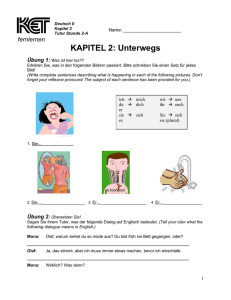Document
Werbung
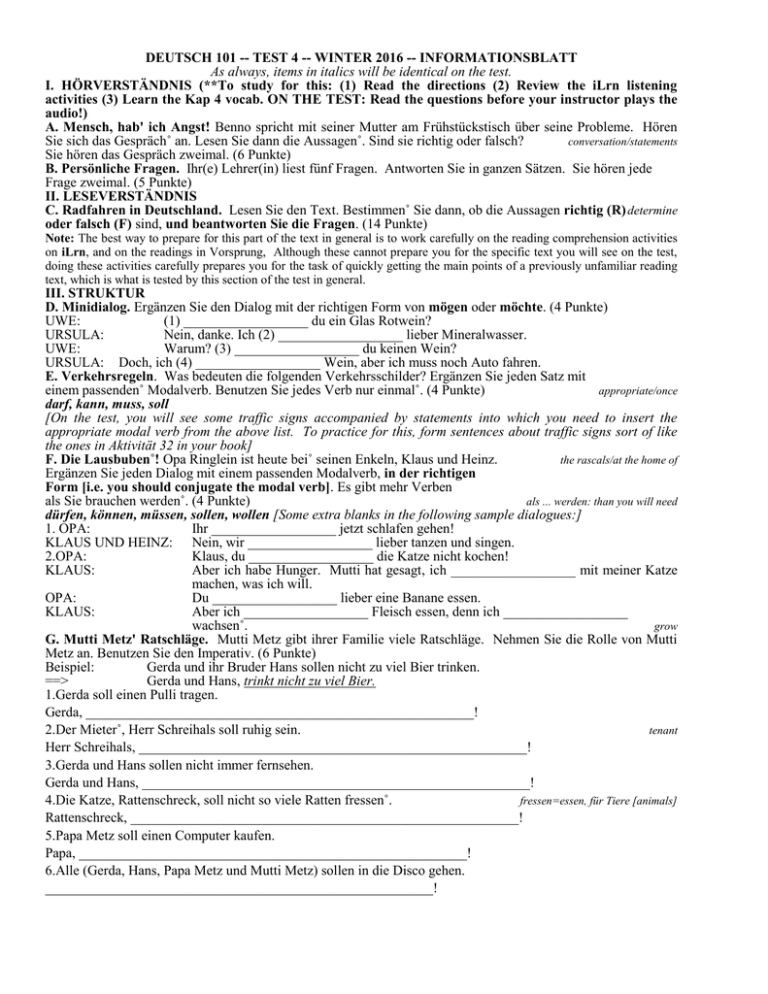
DEUTSCH 101 -- TEST 4 -- WINTER 2016 -- INFORMATIONSBLATT As always, items in italics will be identical on the test. I. HÖRVERSTÄNDNIS (**To study for this: (1) Read the directions (2) Review the iLrn listening activities (3) Learn the Kap 4 vocab. ON THE TEST: Read the questions before your instructor plays the audio!) A. Mensch, hab' ich Angst! Benno spricht mit seiner Mutter am Frühstückstisch über seine Probleme. Hören Sie sich das Gespräch˚ an. Lesen Sie dann die Aussagen˚. Sind sie richtig oder falsch? conversation/statements Sie hören das Gespräch zweimal. (6 Punkte) B. Persönliche Fragen. Ihr(e) Lehrer(in) liest fünf Fragen. Antworten Sie in ganzen Sätzen. Sie hören jede Frage zweimal. (5 Punkte) II. LESEVERSTÄNDNIS C. Radfahren in Deutschland. Lesen Sie den Text. Bestimmen˚ Sie dann, ob die Aussagen richtig (R) determine oder falsch (F) sind, und beantworten Sie die Fragen. (14 Punkte) Note: The best way to prepare for this part of the text in general is to work carefully on the reading comprehension activities on iLrn, and on the readings in Vorsprung, Although these cannot prepare you for the specific text you will see on the test, doing these activities carefully prepares you for the task of quickly getting the main points of a previously unfamiliar reading text, which is what is tested by this section of the test in general. III. STRUKTUR D. Minidialog. Ergänzen Sie den Dialog mit der richtigen Form von mögen oder möchte. (4 Punkte) UWE: (1) __________________ du ein Glas Rotwein? URSULA: Nein, danke. Ich (2) __________________ lieber Mineralwasser. UWE: Warum? (3) __________________ du keinen Wein? URSULA: Doch, ich (4) __________________ Wein, aber ich muss noch Auto fahren. E. Verkehrsregeln. Was bedeuten die folgenden Verkehrsschilder? Ergänzen Sie jeden Satz mit einem passenden˚ Modalverb. Benutzen Sie jedes Verb nur einmal˚. (4 Punkte) appropriate/once darf, kann, muss, soll [On the test, you will see some traffic signs accompanied by statements into which you need to insert the appropriate modal verb from the above list. To practice for this, form sentences about traffic signs sort of like the ones in Aktivität 32 in your book] F. Die Lausbuben˚! Opa Ringlein ist heute bei˚ seinen Enkeln, Klaus und Heinz. the rascals/at the home of Ergänzen Sie jeden Dialog mit einem passenden Modalverb, in der richtigen Form [i.e. you should conjugate the modal verb]. Es gibt mehr Verben als Sie brauchen werden˚. (4 Punkte) als ... werden: than you will need dürfen, können, müssen, sollen, wollen [Some extra blanks in the following sample dialogues:] 1. OPA: Ihr __________________ jetzt schlafen gehen! KLAUS UND HEINZ: Nein, wir __________________ lieber tanzen und singen. 2.OPA: Klaus, du __________________ die Katze nicht kochen! KLAUS: Aber ich habe Hunger. Mutti hat gesagt, ich __________________ mit meiner Katze machen, was ich will. OPA: Du __________________ lieber eine Banane essen. KLAUS: Aber ich __________________ Fleisch essen, denn ich __________________ wachsen˚. grow G. Mutti Metz' Ratschläge. Mutti Metz gibt ihrer Familie viele Ratschläge. Nehmen Sie die Rolle von Mutti Metz an. Benutzen Sie den Imperativ. (6 Punkte) Beispiel: Gerda und ihr Bruder Hans sollen nicht zu viel Bier trinken. ==> Gerda und Hans, trinkt nicht zu viel Bier. 1.Gerda soll einen Pulli tragen. Gerda, ________________________________________________________! 2.Der Mieter˚, Herr Schreihals soll ruhig sein. tenant Herr Schreihals, ________________________________________________________! 3.Gerda und Hans sollen nicht immer fernsehen. Gerda und Hans, ________________________________________________________! 4.Die Katze, Rattenschreck, soll nicht so viele Ratten fressen˚. fressen=essen, für Tiere [animals] Rattenschreck, ________________________________________________________! 5.Papa Metz soll einen Computer kaufen. Papa, ________________________________________________________! 6.Alle (Gerda, Hans, Papa Metz und Mutti Metz) sollen in die Disco gehen. ________________________________________________________! IV. VOKABELN H. Sie reisen für ein Jahr nach Deutschland. Was packen Sie? (6 Punkte) Im Koffer (6 Dinge!) Im Kulturbeutel In der Handtasche/ Im Handgepäck ______________ ______________ ______________ ______________ ______________ ______________ ______________ ______________ ______________ ______________ ______________ ______________ I. Was ist logisch? Umkreisen Sie das beste Satzende. (3 Punkte) 1.Eine gute Studentin ist ... a. kreativ, faul und lustig. b. sympathisch, einfallslos und intelligent. c. gesellig, dumm und musikalisch. d. intelligent, fleißig und kreativ. [3 multiple choice questions altogether, testing miscellaneous vocabulary from the chapter] J. Gegenteile. Bernd sagt immer das Gegenteil von Beate. Setzen Sie Wörter ein, die das Gegenteil von den fettgedruckten Wörtern bedeuten. (4 Punkte) 1 .BEATE:Die Französischstudenten sind intelligent. BERND:Nein, ich finde sie ________________________. 2.BEATE.Du bist einfallslos. BERND:Nein! Ich bin sehr ________________________. 3.BEATE:Die Professorin spricht schnell! BERND:Nein, sie spricht ________________________. 4.BEATE:Das Buch ist langweilig. BERND:Nein, es ist ________________________. K. Max wandert in den Bergen. Ergänzen Sie jeden Satz mit einer passenden Präposition aus der Liste. (5 Punkte) durch, für, gegen, ohne, um 1. Anna bringt viele Geschenke ______________ die Günthers mit nach Deutschland. [4 more] V. KULTUR *Based on Vorsprung only, not the online text(s)!* L. Was stimmt? Circle ALL correct answers: for each question, there is more than one! (8 oder 9 Punkte) The test will contain two of the following three questions. The ORDER of the answer options may change!! 1. Frankfurt ... a. is the capital of Bavaria. b. is on the Main River. c. houses Germany's busiest airport. d. serves as the hub of the German business and banking community. e. is famous for its many old castles, monasteries, and university buildings, which remained completely unscathed after WWII. 2. In order to get a driver's license in Germany, one must ... a. pay tuition to attend a Fahrschule. b. pass both a written and practical driving exam. c. pass the driving class offered at most high schools. d. take a first aid course. 3. The Goethe Institut… a. promotes the study of the German language and culture. b. was founded by Johann Wolfgang von Goethe. c. offers students the opportunity to work as interns in the German parliament. d. has offices in Germany as well as abroad which offer courses in German. VI. ZUM SCHREIBEN M.Ein Brief an Carola. Ihre Kusine Carola aus Heidelberg möchte Sie im Sommer in Amerika besuchen. Geben Sie Carola ein paar Tips. Was soll sie mitbringen? Was darf sie nicht vergessen? Was kann/soll/muss/darf sie in Amerika (nicht) machen? Schreiben Sie einen Brief mit mindestens zehn Sätzen. (20 Punkte) Outline of "top end" of grading scheme (FYI!!) 19-20 Punkte: An informative letter, uses lots of what we've learned (vocab, conjunctions, sentences don't all begin with the subject, etc.); sounds like a real letter (as opposed to just ten sentences in a sort of list); very few or no significant errors (verb position, subject-verb agreement, cases, pronouns); few minor errors (gender, adjective endings we've learned) 17-18 Punkte: As above with more errors, or very simple sentences with few errors or none at all. Remind Hartmut to send a CTools Announcement with ideas for how to start sentences with things other than the subject!
